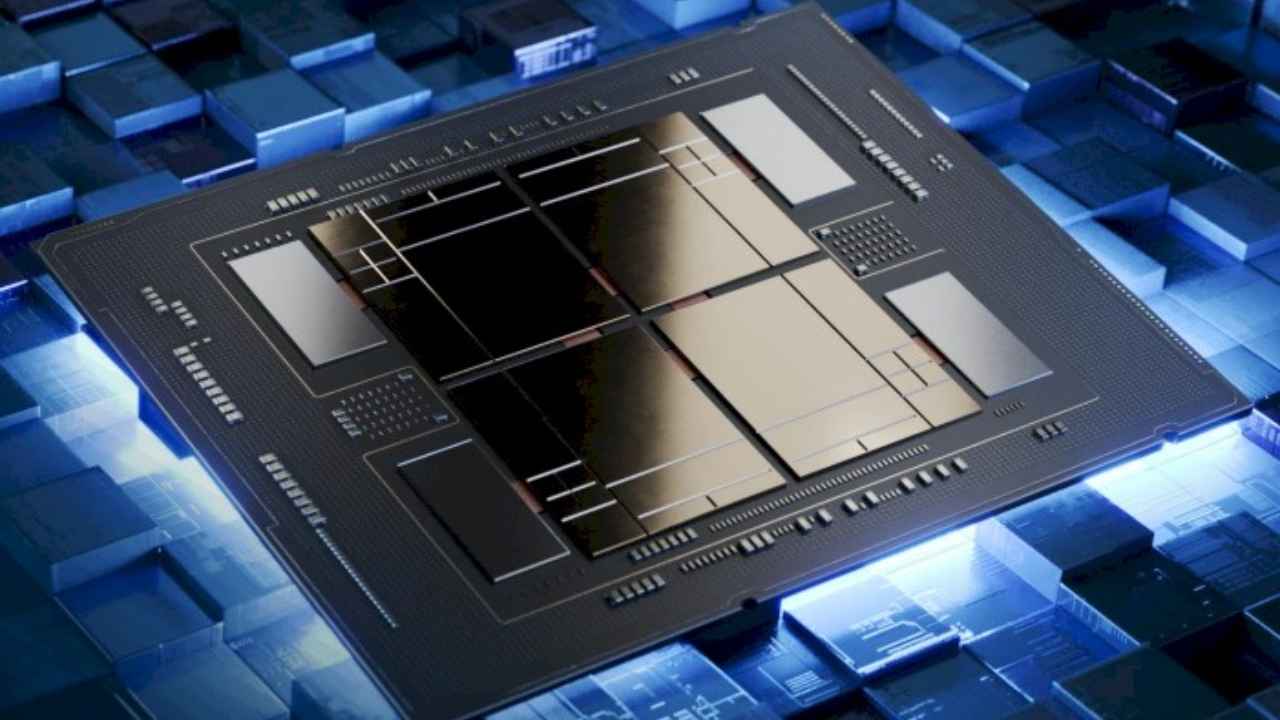New Intel Xeon chips fffer 240-percent more performance per watt but how

Intel has announced two new Xeon processors, Sierra Forest and Granite Rapids, at Hot Chips 2023. These processors are part of an effort to reduce electricity consumption in data centres, which is a significant concern for technology companies. Intel also revealed for the first time, the performance per watt of its upcoming data center chips. The company disclosed that its “Sierra Forest” chip would have 240% better performance per watt than its current generation of data centre chips.
This announcement is particularly notable given the increasing pressure on technology firms to reduce energy consumption, a key driver for the development of more efficient chips. The push towards energy efficiency is not unique to Intel; Ampere Computing, a startup founded by ex-Intel executives, was the first to market with a chip focused on efficient cloud computing work, and AMD has also announced similar products. This competitive landscape underscores the industry-wide effort to develop solutions that can handle more computing work per chip while consuming less power.
Also read: Infinix InBook X3 Slim offers 12th Gen Intel chip and 65W fast charging at an affordable price
Ronak Singhal, a senior fellow at Intel, highlighted the practical implications of the new chips for data centre operators. He noted that Intel’s customers could consolidate older software onto a smaller number of computers inside a data centre, leading to significant power savings and a lower total cost of ownership. “I may have things that are four or five, six years old. I can get power savings by moving something that’s currently on five, 10, or 15 different servers into a single new chip,” Singhal said.
“That density drives their total cost of ownership. The higher the density, the fewer systems they need.” This insight provides a clear picture of how the new “Sierra Forest” and “Granite Rapids” chips can address specific challenges faced by data centre operators, ultimately contributing to more sustainable and cost-effective operations.
How do Sierra Forest and Granite Rapids Xeon chips offer higher PPW?
Sierra Forest is designed for efficiency and uses Sierra Glen E-cores, while Granite Rapids is designed for performance and uses Redwood Cove P-cores. Intel claims that Sierra Forest will provide better rack density and higher performance per watt of power used compared to its previous generation of Xeon chips. On the other hand, Granite Rapids will offer better performance in mixed artificial intelligence (AI) workloads, partly due to an improvement in memory bandwidth.
Also read: Maximize your gaming potential: Here are the top 13th Gen Intel® Core™ laptops to go beyond performance on gaming!
The new processors have a tile-based architecture, which means they are made up of different components (tiles) that can be combined in various ways to create multiple products. Some input/output (I/O) functions are separated into two HSIO chiplets, while the CPU cores and memory controllers are on dedicated compute chiplets. These components are connected by EMIB (Embedded Multi-Die Interconnect Bridge) interconnects.
Granite Rapids is seen as a traditional data center processor, equipped only with P-cores that deliver full performance. In contrast, Sierra Forest consists of chips with only smaller efficiency cores, optimized for power efficiency, area efficiency, and performance density. Both processors support PCIe 5.0/CXL 2.0, have up to 6 UPI links, and include accelerators for compression, cryptography, and data streaming. Each HSIO die also includes power control circuitry that manages the compute chiplets.
Intel plans to release Sierra Forest in the first half of 2024, followed by Granite Rapids. This release will coincide with the launch of AMD’s 5th-gen EPYC Turin chips, leading to a high-performance battle between Intel and AMD. AMD’s Bergamo, already on the market, has a similar approach to Sierra Forest, using dense Zen 4c cores. Intel also plans to release a second-gen E-core-powered processor, Clearwater Forest, in 2025.
Also read: Intel’s Sandra Rivera on future of AI, data centers and India’s tech moment




